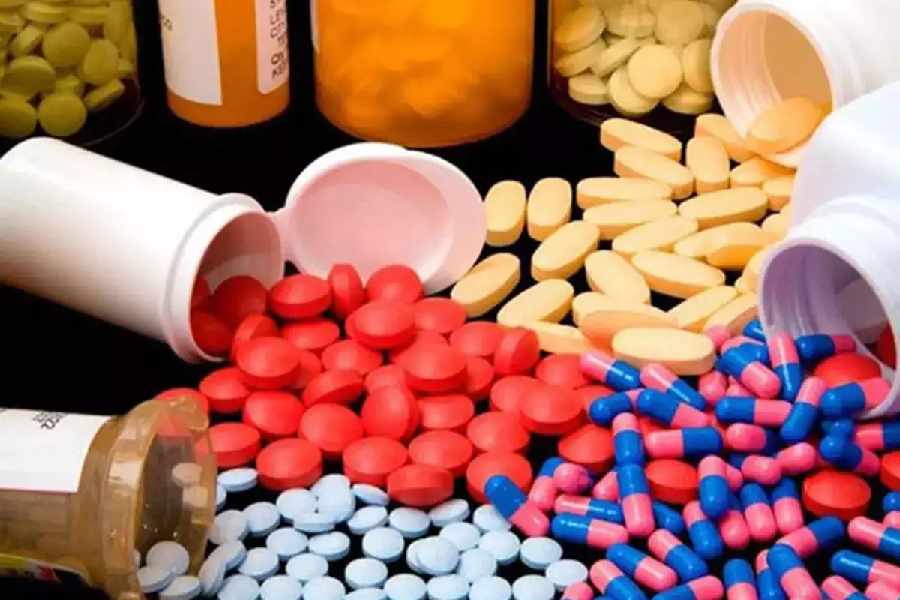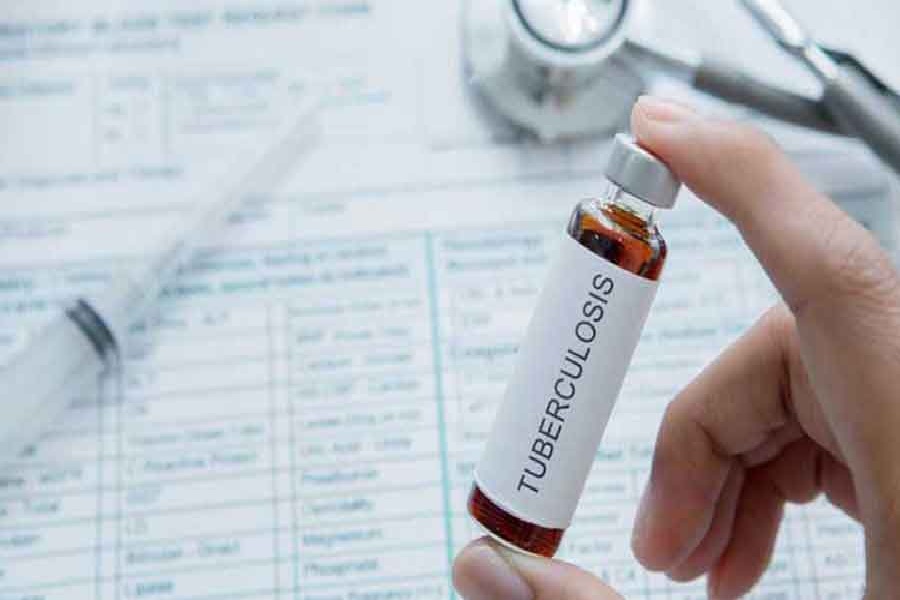Medicine shortages have hit many patients with multi-drug resistant tuberculosis (MDR-TB) seeking treatment under the Centre’s national TB control programme in Calcutta, Mumbai and Delhi, doctors and patients’ rights groups have said.
The shortages of drugs such as cycloserine, linezolid and clofazimine midway during patients’ treatment will increase the risk of treatment failure or death and also pose a fresh challenge to the country’s plan to “eliminate” TB by 2025, the doctors have said.
Infectious disease specialists at the Institute of Postgraduate Medical Education and Research (IPGMER), Calcutta, and the All India Institute of Medical Sciences, New Delhi, are among doctors worried about the impacts of these shortages on patients.
“These are only anecdotal accounts, but they signal a supply problem,” the doctor at the IPGMER told The Telegraph. “In recent weeks, I’ve received queries from at least seven to 10 people, asking what they should do. They’re not getting the medicines they require.”
One of the patients, the doctor said, has been diagnosed with MDR-TB infection of the brain. It is critical that all patients receive all drugs regularly, the doctor said. The current MDR-TB treatment regimen used in India involves the use of multiple drugs for up to 18 months.
“The Central TB Division has been urging patients to take the free TB treatment, including treatment for MDR-TB, from government clinics. They should ensure the medicines are available,” the doctor said.
Some patients in New Delhi who receive treatment from government clinics tasked with dispensing anti-TB drugs but visit the AIIMS once a month for follow-up medical check-ups have also complained they are not receiving linezolid and clofazimine, a doctor at AIIMS said.
An email query sent on Monday evening by this newspaper to the Central TB Division, the unit of the Union health ministry engaged in TB control efforts, seeking its responses to the concerns among doctors about drug shortages has evoked no response.
Two Mumbai-based patients’ rights networks of TB survivors, health experts and lawyers have also flagged concerns about what they say are persistent reports of stockouts of several drugs used for the treatment of MDR-TB from government TB clinics since June this year.
A network called the Jan Swasthya Abhiyan in Mumbai has catalogued shortages of cycloserine, linezolid, clofazimine, pyridoxine and delamanid. Patients whose treatment is interrupted by the shortages face the risk of worsening resistance, Ganesh Acharya and Brinelle D’Souza with the Jan Swasthya Abhiyan have said in a statement.
“India has made significant commitments for the elimination of TB, but the current drug shortages will undermine those efforts and impact citizens’ right to health,” Ashna Ashesh, a lawyer and member of the Survivors Against TB (SATB), a patients’ rights group, said in a statement on Monday.
SATB said it has written to Union health minister Mansukh Mandaviya asking for a comprehensive investigation into drug shortages and rapid procurement and distribution of linezolid, cycloserine, and clofazimine to government hospitals and private pharmacies.
The Narendra Modi government had in 2018 announced a plan to eliminate TB by 2025. Over the past five years, the TB control programme has scaled up diagnostic and treatment services, expanded access to short-course oral treatment regimens for MDR-TB, and introduced financial support to help patients’ nutritional needs.
But the government’s annual TB report released earlier this year shows that measures of India’s TB infections are nowhere close to the targets set under its plan to eliminate TB by 2025.
The estimate for new TB cases in 2022 was 196 per 100,000, higher than the elimination target of 77 by 2023, and 44 by 2025. The estimate for TB deaths in 2022 was 23 per 100,000, higher than the targets of 6 by 2023 and 3 by 2025.












